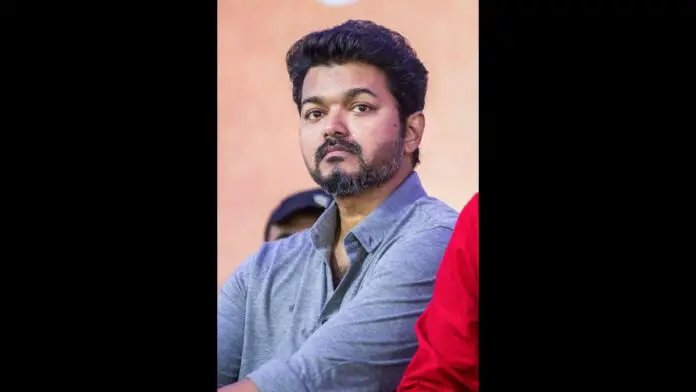
The Hon’ble Madras High Court recently dismissed a writ petition moved by Tamil superstar Vijay in 2012 and charged him Rs/- 1 lakh for failing to pay entry tax on a luxury vehicle i.e., the Rolls-Royce Ghost imported from England in 2012. The payment would be used to battle Covid-19 through the Hon’ble Tamil Nadu Chief Minister’s Public Relief Fund.
Hon’ble Justice S M Subramaniam issued the fine for the actor’s attempt to avoid tax by opposing the commercial tax department’s demand.
Vijay’s motion was dismissed by the Hon’ble judge, who noted that the actor had a significant fan base. “These fans view these actors as real heroes. They are not expected to behave like a “reel hero” in a state like Tamil Nadu, where such celebrities have become the rulers of the state. Tax avoidance is regarded as an anti-national habit, attitude, and mindset, as well as being unconstitutional.”
Advocate S. Kmnaresan, representing the petitioner, alleged that he purchased a Rolls Royce Ghost Car from England. He paid the Customs Department the import duty imposed by the Customs Act, 1962. After that, he went to the Regional Transport Officer to get his vehicle a new registration mark. He was told, however, that he needed to go to the Assistant Commissioner (CT) to pay the Entry Tax.
As a result, the petitioner took his case to the Hon’ble High Court under Article 226 of the Indian Constitution, claiming that an unusual entry tax was being imposed on his imported vehicles.
According to the Hon’ble Court, the taxation system is the backbone of the country’s economy. The Hon’ble judge indicated that paying taxes is a “mandated payment or contribution, not a discretionary payment or donation that one chooses on one’s own.”
“The noble vision of the Constitution under Directive principles can only be attained if people of such stature, wealth, and actively pay taxes to the government and obey the laws of the land. “Filing a writ petition, delaying payment of Entry tax, and keeping the writ petition pending for over nine years can never be appreciated, and it is still unclear if the petitioner has paid the Entry tax as applicable.” Said the Hon’ble court.
The Hon’ble Court ruled that it is a settled position of law, as set forth by the Hon’ble Supreme Court in State of Kerala and others vs Fr. William Fernandez (2018), that the respondents are authorized to collect Entry Tax and that, as a result, the petitioner herein is also responsible to pay the Entry Tax as claimed.
The Hon’ble Court then ordered Vijay to pay the entry tax required by the authorities within two weeks after receiving a copy of the Hon’ble Court’s order, after adjusting the 20% entry tax already ordered to be paid by the Hon’ble Court in an interim order issued in 2012. (if the same has already been paid).








